4 Questions to Ask Your Raw Milk Farmer
There’s no doubt about it. Consuming raw milk has many health benefits.
It’s packed with probiotics and enzymes that promote better digestion and may even contribute to a healthier gut microbiome1. Raw milk also retains more of its natural nutrients, vitamins, and minerals compared with pasteurized milk2.
If you live on a homestead like us, you can raise Jersey milk cows and produce a steady supply of raw milk for drinking or using to make other dairy products. Those not fortunate enough to have their own dairy cows must buy their raw milk from other local sources.
To help you make the best decision when choosing a raw milk supplier near you, here are four questions you should ask your raw milk farmer:
- How frequently do you test your raw milk for pathogens?
- Do you have a veterinarian regularly inspect your dairy cattle?
- Can you describe your milking process and steps taken to prevent contamination?
- How do you handle and store raw milk to maintain freshness and prevent bacterial growth?
How frequently do you test your raw milk for pathogens?
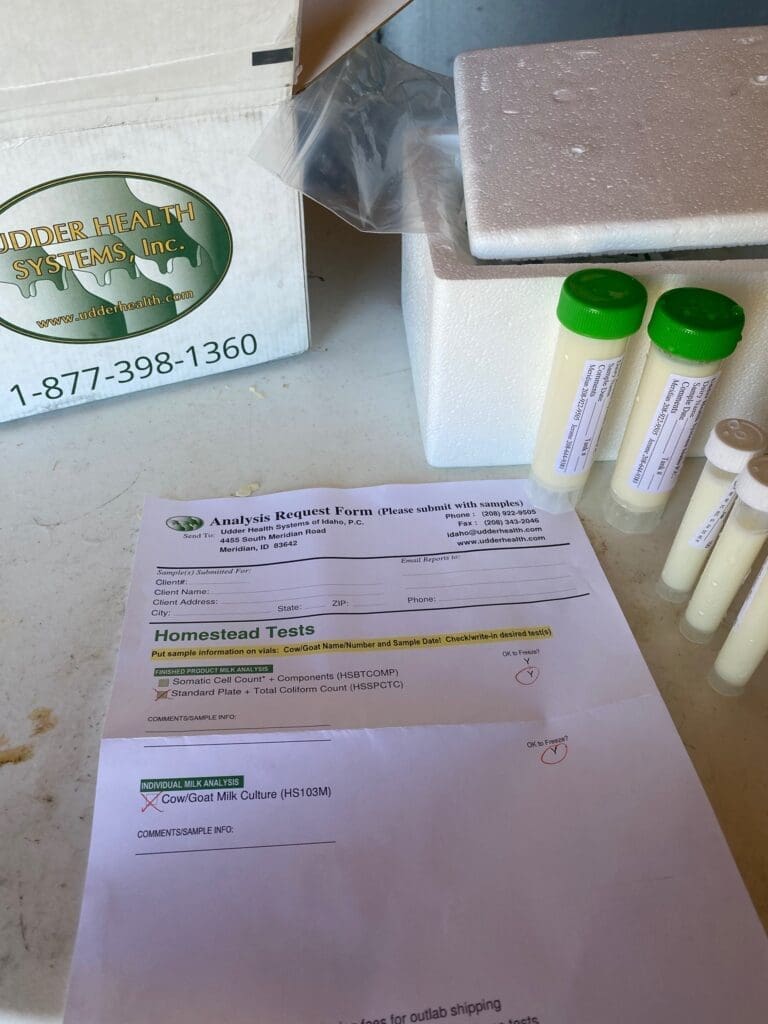
The frequency of testing raw milk for pathogens and other harmful bacteria can vary based on regulatory requirements, industry standards, and individual farm practices. However, there are some general guidelines raw milk farmers must follow to ensure the safety and quality of their products.
Don’t be afraid to ask a prospective raw milk supplier how often they test their product. Some general guidelines include:
- Regular testing. Monitoring the presence of pathogens like E. coli, Salmonella, and Listeria is important when providing raw milk to consumers. Common standards among raw milk farmers include monthly testing3.
- New herd inductions. Any time a new animal is introduced into your herd, it’s important to conduct testing to ensure your raw milk supply remains free from contaminants.
- Seasonal considerations. Some raw milk farmers adjust testing frequency based on seasonal variations or changes in herd management practices that could impact milk quality.
On our homestead, we send our Jersey milk cow raw milk to Udder Health Systems in Idaho for periodic testing. Before you buy raw milk locally, ask to see their test results from the lab.
Following the recommended testing protocols protects the raw milk farmer and the consumers who buy their products. Choose a raw milk farmer who is open with you about their testing practices.
Do you have a veterinarian regularly inspect your dairy cattle?
You can learn a lot about the quality of raw milk by asking raw milk farmers about the frequency of veterinary care for their dairy cattle4.
For our Jersey milk cows, we base veterinarian visits on their age, overall health, and any specific health concerns.
However, there are some general guidelines that most raw milk farmers follow to keep their cows healthy and yield high-quality raw milk. They include:
- Age. Adult Jersey milk cows usually have regular checkups once or twice annually. During these wellness visits, veterinarians assess the overall health of the cow, including their physical condition, reproductive health, and potential signs of disease.
- Calving and the postpartum period. Close attention is given to Jersey milk cows and other dairy cattle during calving and the period after delivery. Extra vet checks are necessary to ensure a healthy mother and calf. When dairy cattle develop pregnancy complications, it can affect the quality or production of their milk.
- Individual health concerns. Just like people, dairy cows can get sick. If one of our Jersey milk cows shows signs of illness, we isolate her from the others and call the vet for an immediate wellness check.
Make sure the vet your raw milk farmer uses is reputable and familiar with the specific breed of dairy cattle they’re raising.
Can you describe your milking process and steps taken to prevent contamination?
Perhaps one of the most critical questions you can ask a raw milk farmer is to describe their milking process. This is where the greatest chance of cross-contamination exists, so it’s important to choose a raw milk supplier who adheres to strict sanitation protocols.
When we prepare our Jersey milk cows for milking, we focus on the cleanliness of not only the cow but of the milking equipment.
We use a multiple-step process designed to prevent harmful bacteria from entering our raw milk supply. The steps include:
- Wash the cow’s teats with warm water with diluted dish soap to remove any dirt.
- Express each teat 5 times into a lid to inspect the milk.
- Liberally teat-dipping each teat to make sure the cleansing solution gets to the bottom of the udder.
- Dry the teats and udder with a clean towel, using only one corner to prevent cross-contamination.
We also clean and sanitize our milking equipment after each use with a warm, soapy solution, followed by a sanitizing solution consisting of a small amount of bleach or hydrogen peroxide.
How do you handle and store raw milk to maintain freshness and prevent bacterial growth?
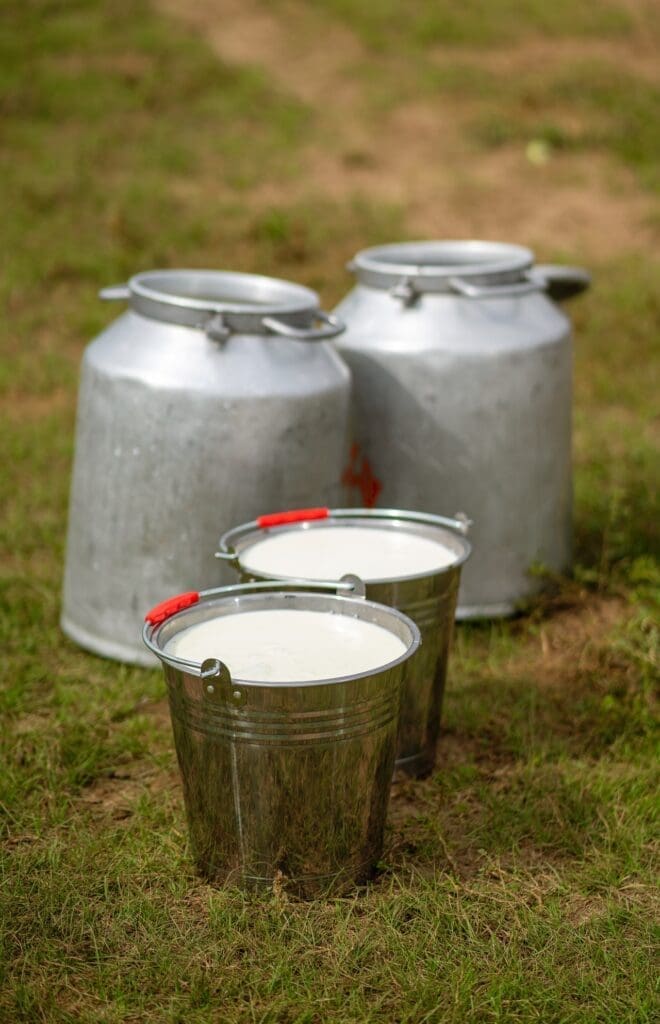
Some consumers are focused on how much raw milk costs and how often they can buy it when seeking out a source of fresh raw milk locally. However, don’t forget about protecting your health and wellness by asking how raw milk farmers handle and store their raw milk.
Handling a storing raw milk properly helps maintain its freshness and prevent bacterial growth that can make you sick.
Tips for handling raw milk
Cleanliness is the key to handling raw milk in a safe way that doesn’t spread harmful bacteria to the people consuming it later.
Washing your hands thoroughly before milking or handling raw milk can prevent the introduction of contaminants. Using clean equipment that’s been sterilized between uses is another important step in the handling process.
Other must-follow rules for handling raw milk include:
- Clean your Jersey milk cow’s teats and udder before milking to prevent the transfer of contaminants to the freshly pumped raw milk.
- Milk your cow immediately after the cleansing process to minimize the raw milk’s exposure to harmful contaminants.
- Avoid contact between the raw milk and surfaces that may introduce bacteria or other contaminants.
Tips for storing raw milk
Keeping your raw milk safe doesn’t stop after the pumping process. How you store your raw milk continues to protect it until consumption.
The most important thing you can do is store it in clean, airtight containers at a consistent 40 degrees Fahrenheit. This slows bacterial growth and prevents exposure to any airborne contaminants.
Never fill your containers to the top. Leave some headspace to allow for milk expansion during freezing or cooling to prevent the risk of spillage.
Make sure the raw milk is dated to keep track of freshness.
If a raw milk farmer isn’t following these practices, you should consider buying your fresh raw milk elsewhere.
Should I Ask My Raw Milk Farmer About the Process of Making Yogurt?
If you’re curious about the process of making yogurt from raw milk, it’s a good idea to ask your raw milk farmer. Inquiring about the raw milk yogurt question can give you insight into the quality and freshness of the milk used, as well as the fermentation process.
Sources
- Recipe for a Healthy Gut… ncbi.nlm.nih.gov. Accessed November 17, 2023.
- Pasteurization Does Harm Real Milk. realmilk.com. Accessed November 17, 2023.
- Common Standards. rawmilkinstitute.org. Accessed November 17, 2023.
- The Health Management Program in Dairy Cattle. merckvetmanual.com. Accessed November 17, 2023.
In our kitchen, we only use cultures from Cultures for Health.
Get yours here and start culturing today.
Popular Articles
Newsletter
Get signed up to get latest updates and new information from the Jersey Milk Cow!
This site uses Akismet to reduce spam. Learn how your comment data is processed.

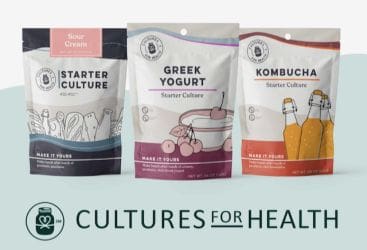
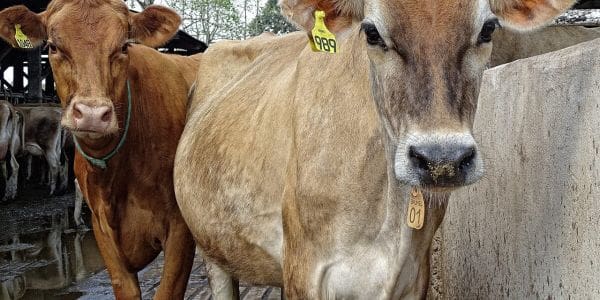
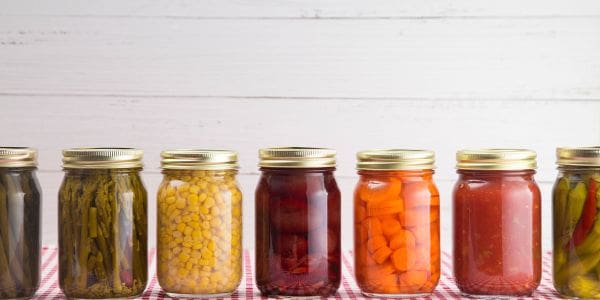

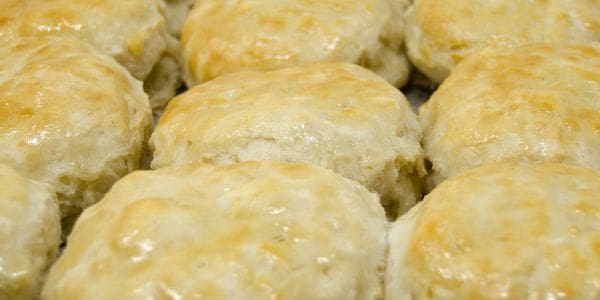
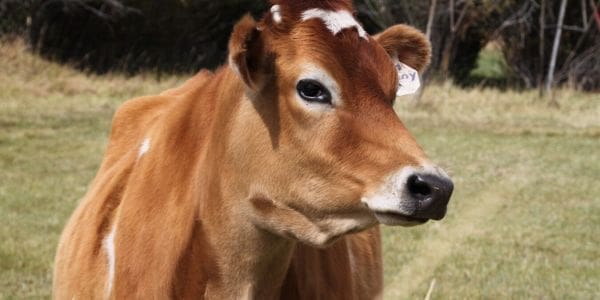
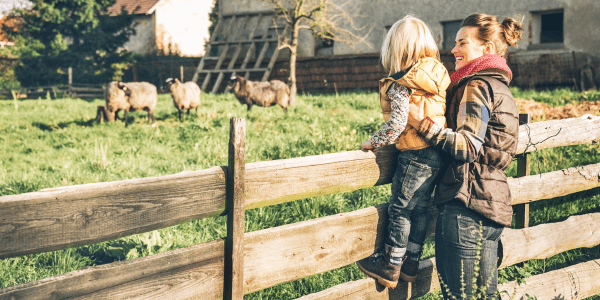
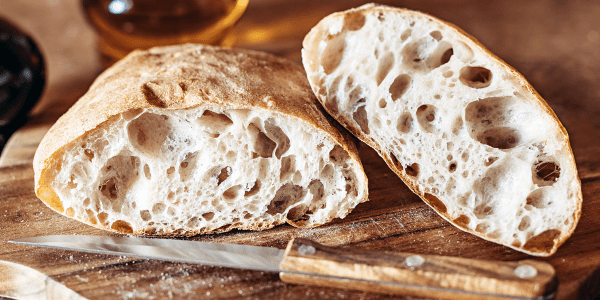
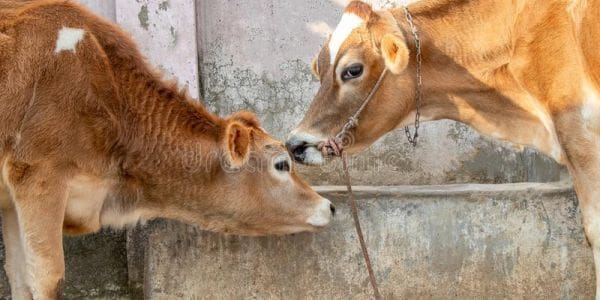
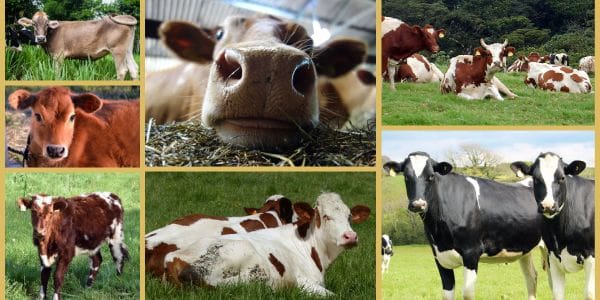
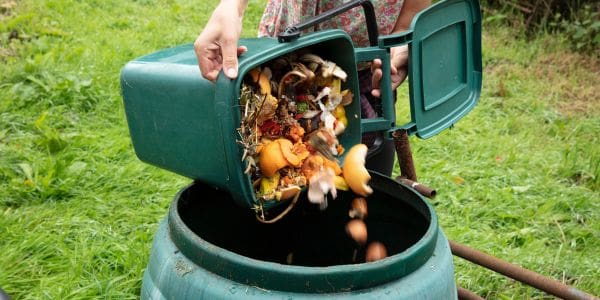
Leave a Reply